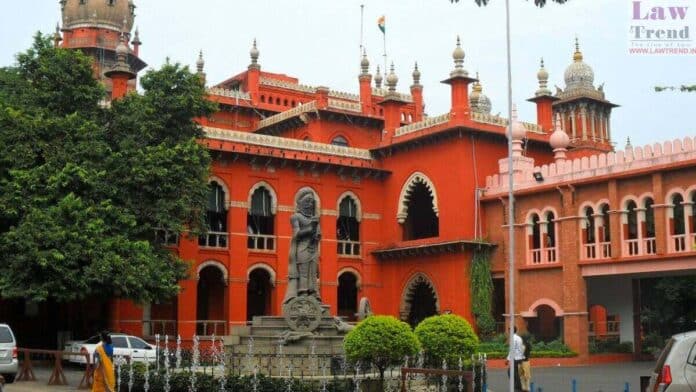In a recent hearing before the Madras High Court, the Union Government upheld the Hindi names given to three new criminal laws, amidst a constitutional challenge questioning their legitimacy. The court, presided by Acting Chief Justice R Mahadevan and Justice Mohammed Shaffiq, addressed the plea filed by Thoothukudi-based lawyer B Ramkumar Adityan. Adityan’s petition argues
To Read More Please Subscribe to VIP Membership for Unlimited Access to All the Articles, Download Available Copies of Judgments/Order, Acess to Central/State Bare Acts, Advertisement Free Content, Access to More than 4000 Legal Drafts( Readymade Editable Formats of Suits, Petitions, Writs, Legal Notices, Divorce Petitions, 138 Notices, Bail Applications etc.) in Hindi and English.




